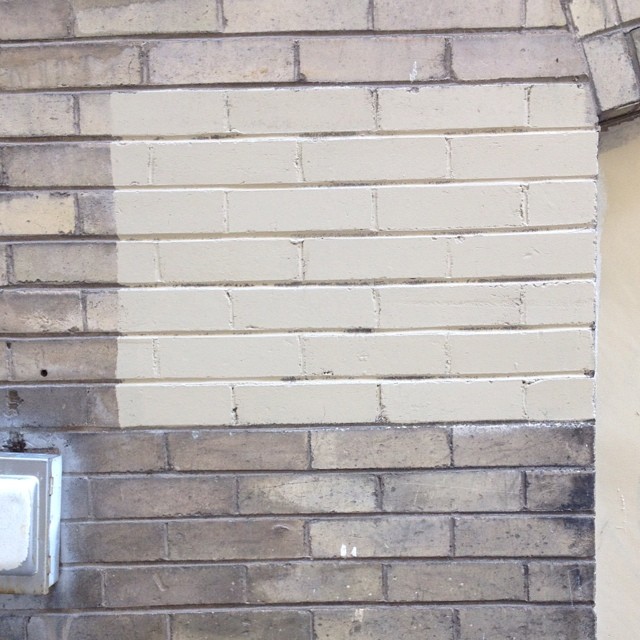"Nobody will deny that there is such a thing, for instance, as a writing typical of Esprit or of Les Temps Modernes. What these intellectual modes of writing have in common, is that in them language, instead of being a privileged area, tends to become the sufficient sign of commitment. To come to adopt a closed sphere of language under the pressure of all those who do not speak it, is to proclaim one's act of choosing, if not necessarily one's agreement with that choice. Writing here resembles the signature one affixes at the foot of a collective proclamation one has not written oneself. So that to adopt a mode of writing—or, even better, to make it one's own—means to save oneself all the preliminaries of a choice, and to make it quite clear that one takes for granted the reasons for such a choice. Any intellectual writing is therefore the first of the 'leaps of the intellect'. Whereas an ideally free language never could function as a sign of my own person and would give no information whatsoever about my history and my freedom, the writing to which I entrust myself already exists entirely as an institution; it reveals my past and my choice, it gives me a history, it blazons forth my situation, it commits me without my having to declare the fact." -Roland Barthes, "Writing Degree Zero"
(The real excuse is that Roland Garros devours more of my attention at the moment)
Saturday, May 29, 2010
Saturday, May 22, 2010
Art/Book as [material, perishing, self-defacing] object
disappearing book no. 1 from disappearing books on Vimeo.
© Stacy Blint 2010, http://disappearingbooks.com/
(snatched from Silliman)
Thursday, May 20, 2010
Finally!
Spotted this at my local BAM, and couldn't help laughing. In 2010, a compositional method that more/less has served experimental writers at least since the inception of flarf (probably prior) gets lauded (unto commercial poet-stardom), as if found-object's influence/subversion of the will of the author is a radical new concept, and Kenneth Goldsmith's completely (authorially) unobtrusive Day (a word-for-word transcription of a day's copy of the Times) never happened. Take experimental poetics or leave them, but what I really hope for there to be in the future is a type of poetry freed from formal constraints, composed according to musical phrase, perhaps (but certainly sans metronome), which renders the world as it appears to the author in all its varying intensities of shape, color, and feeling, yet still mimetically just.. we can call it vers libre! Call your agent.


Wednesday, May 19, 2010
Don Wimble: What-for art thou?
Even my most cursory scan of the news couldn't miss this. Will it be jaunty? Will he (rest assured, it will be a he) wear a frock coat? We'll have to see if two of my favorite things somehow complement or contaminate one another (though you've got me as to how poetry would besiege tourney). My gut says don't kid yourself. This could be ugly.
At Wimbledon: Tennis Poetry
At Wimbledon: Tennis Poetry
Saturday, May 8, 2010
Look twice, save a life
An implied caution against the codified monolithization (put pedantically novel) of well-intended ethical systems. Predictably, the viability of a thing exists in its application (an application with variously succeeding outcomes), not that anyone guarantees it universally absolute in the first place. Still, issues like this feed my obsession with academe self-programming lexica and buzz words/perspectives in general. Anyway, I thought it interesting enough to share.
Debate: incarcerated higher ed. aspirants vs. "theory-happy academics"
Debate: incarcerated higher ed. aspirants vs. "theory-happy academics"
Subscribe to:
Posts (Atom)
